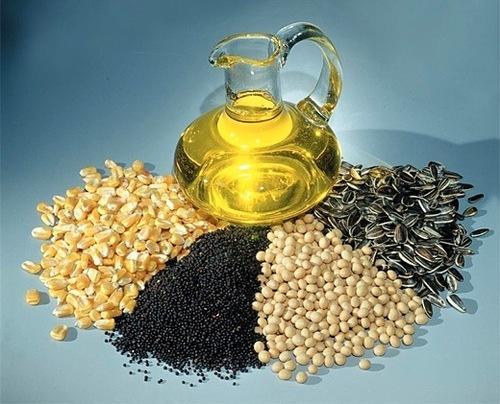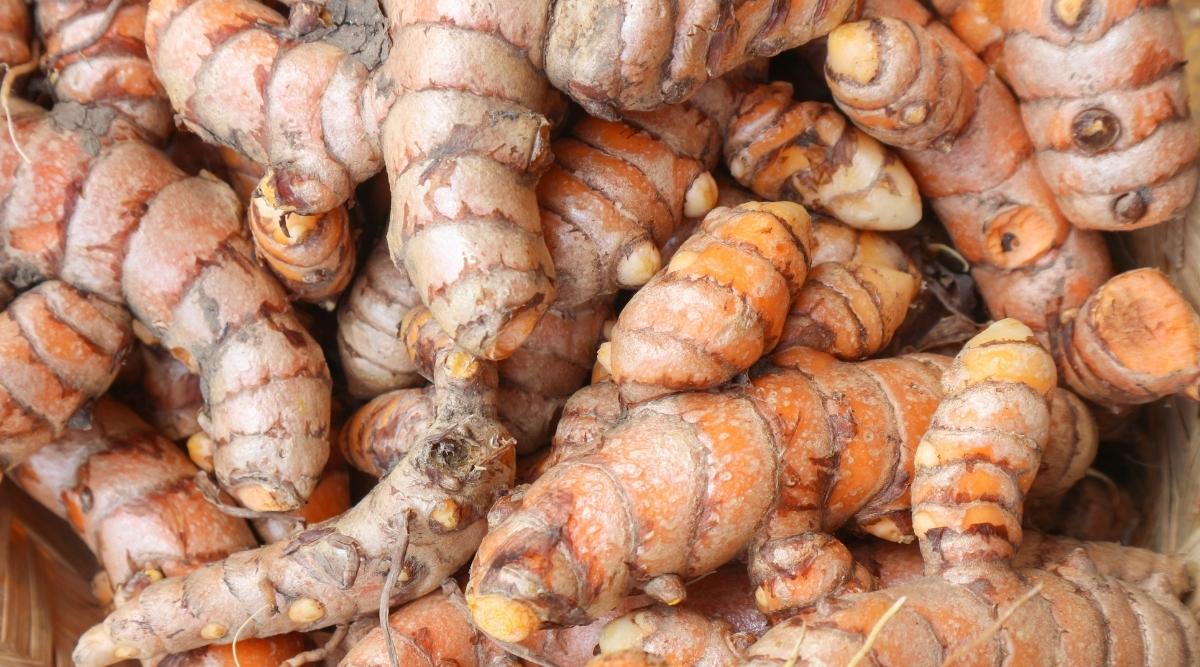The National Commodity and Derivative Exchanges (NCDEX) has invited farmer producer organizations (FPOs) to use the platform in order to hedge price risks as deliveries from futures contracts of robusta cherry AB coffee type will resume in February of next year. The major commodity exchange has introduced futures contracts for the period of February through April 2023 because the new crop will start to be harvested in January of that year.
The NCDEX official stated, “This will assist the value chain participants to obtain information about the commodity futures trade and comprehend the processes. Robusta coffee futures trading was discontinued by the commodity exchange in January 2007 due to lackluster interest from market players.” India produces between 0.34 and 0.35 million tonnes (mt) of coffee annually, which amounts to roughly 3.5–4% of the approximately 10 mt global productions.
In terms of domestic output, the proportions of the two coffee kinds, Robusta and Arabica, are roughly 70% and 30%, respectively. Coffee production is exported to the tune of 65 percent. India exported coffee worth $1.02 billion in 2021–2022—a 42% increase from the prior fiscal year. Karnataka produces 71% of all coffee, with Kerala producing 21% and Tamil Nadu producing 5%, according to the coffee board. In non-traditional regions like Andhra Pradesh, Odisha, and the northeastern states, coffee plantations are expanding
To fight the escalating inflation, the government prohibited seven agricultural products in December of last year for a period of one year: wheat, non-basmati paddy, chana, mustard seeds, soybean, crude palm oil, and moong. The suspension of futures trading in a number of agricultural products on the commodity exchanges last year had no effect on the volatility of retail prices, according to a study done by three researchers, one of whom was from the Indian Institute of Management (IIM), Udaipur.

